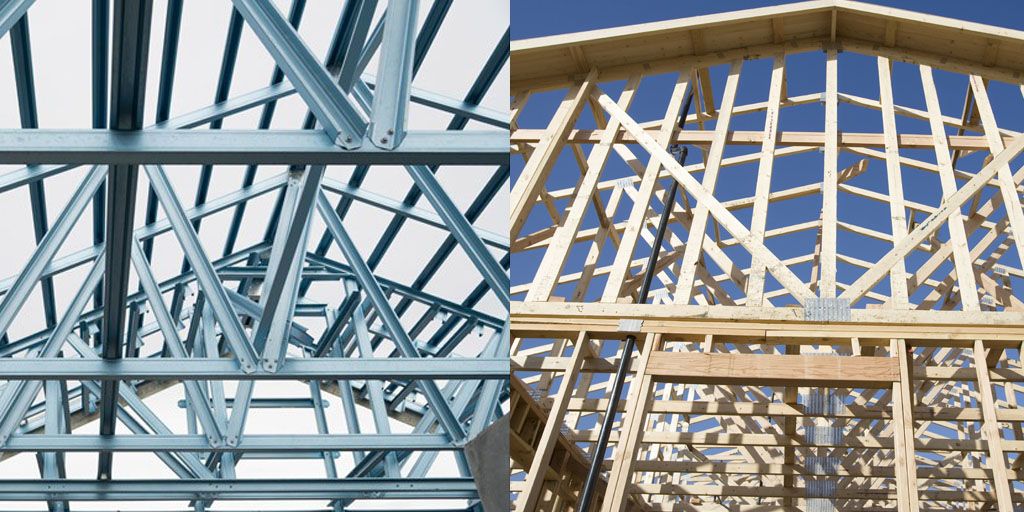Wood vs Metal Framing: Pros and Cons in Commercial Construction
By: CRG Construction
Wood vs Metal Framing: Pros and Cons in Commercial Construction
Wood vs Metal Framing: In the realm of commercial construction, choosing the right framing material is crucial for ensuring the structural integrity and longevity of the building. Two common options are wood and metal framing. Each material has its own set of advantages and disadvantages, making the choice a critical one for construction professionals. Let’s delve into the pros and cons of wood and metal framing in commercial construction:
Wood Framing:
Pros:
- Cost-Effective: Wood framing is often more affordable upfront, making it an attractive option for budget-conscious projects.
- Sustainability: Wood is a renewable resource, and when sourced responsibly, it can be an eco-friendly choice.
- Insulation: Wood provides natural insulation, helping with energy efficiency and reducing heating and cooling costs.
- Ease of Modification: Wood is relatively easy to modify on-site, allowing for quick adjustments during construction.
Cons:
- Fire Risk: Wood is flammable, posing a higher fire risk compared to metal framing.
- Susceptible to Pest Damage: Wood is prone to damage from pests like termites, which can compromise the structural integrity over time.
- Maintenance: Wood requires regular maintenance to prevent issues like rot and decay, adding to long-term costs.
Metal Framing:
Pros:
- Durability: Metal framing is highly durable and resistant to fire, pests, and rot, ensuring a longer lifespan for the structure.
- Strength: Metal framing offers an excellent strength-to-weight ratio, allowing for taller and more complex building designs.
- Low Maintenance: Metal framing requires minimal maintenance, reducing long-term costs and efforts.
- Recyclable: Metal is recyclable, making it an environmentally friendly choice and contributing to sustainable construction practices.
Cons:
- Cost: Metal framing can be initially more expensive than wood, impacting the project budget.
- Thermal Conductivity: Metal conducts heat and cold, which might require additional insulation to maintain energy efficiency.
- Complexity: Metal framing might require specialized labor and tools, adding complexity to the construction process.
In conclusion, the choice between wood and metal framing in commercial construction depends on various factors, including budget, project requirements, and long-term goals. Both materials have their merits, and the decision should be made after careful consideration of these pros and cons, ensuring the chosen material aligns with the project’s specific needs and priorities.
Wood vs Metal Framing: Pros and Cons in Commercial Construction
Follow the link to join our monthly Newsletter: https://lp.constantcontactpages.com/sl/WpS1tqN
By: CRG Construction
